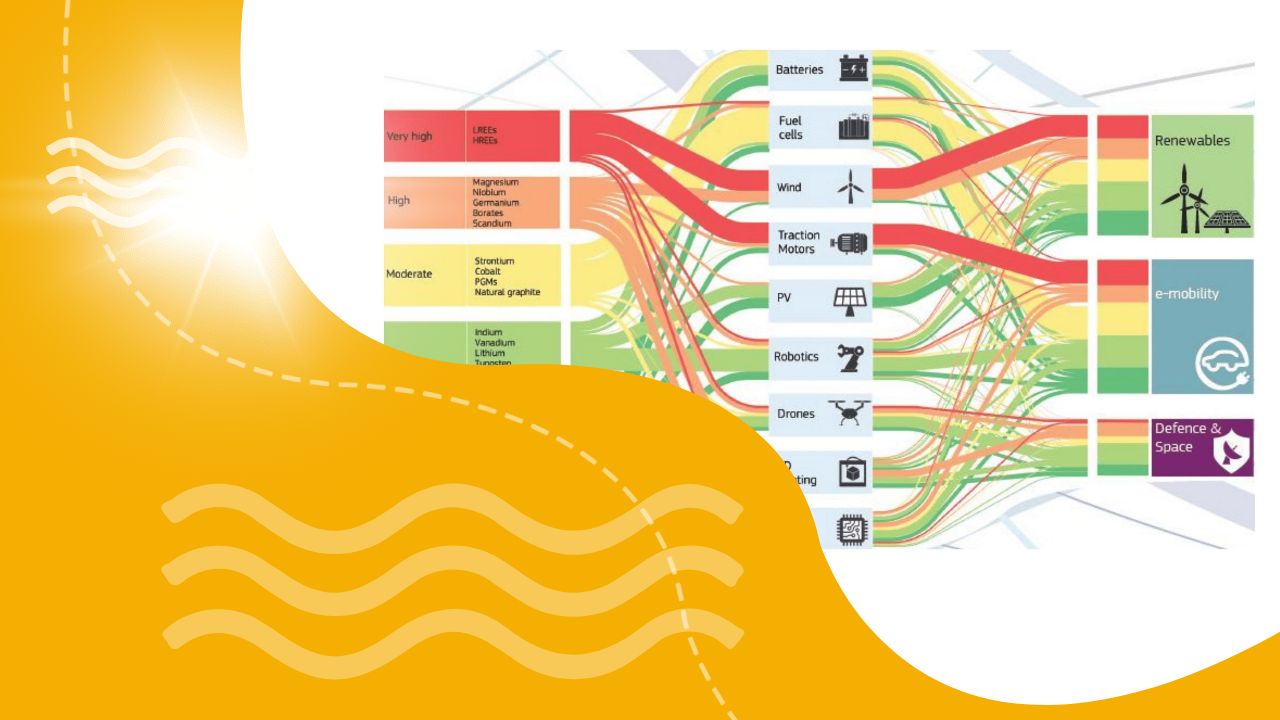In a significant move aimed at securing critical raw materials for green technologies, European Union governments have given their nod to the Critical Raw Materials Act (CRMA), despite some reservations from lawmakers regarding community protection. The CRMA, proposed by the European Commission to lessen reliance on foreign suppliers and propel the European Green Deal, designates 34 critical and 17 strategic raw materials as essential for the EU’s green and digital transitions, as well as for defense and space industries.
Under the CRMA, extraction projects will be fast-tracked with permits to be issued within a maximum of 27 months, while recycling and processing projects will receive permits within 15 months. While MEPs like Henrike Hahn acknowledge the urgency of securing critical materials for industries producing essential goods, concerns remain over the lack of explicit community consent provisions.
Lawmakers like Cornelia Ernst express mixed feelings about the final legislation, emphasizing the need to balance domestic mining with environmental and social concerns. Despite these reservations, Flemish Minister Jo Brouns lauds the CRMA as a crucial step towards strategic autonomy, highlighting its potential to bolster the mining sector, create jobs, and align industries with green and digital transitions.
However, Roger Doome of the Industrial Minerals Association Europe suggests broadening the CRMA’s scope and enhancing permitting procedures to ensure swift implementation. Meanwhile, the European Commission is actively pursuing partnerships with mineral-rich nations like Chile, Greenland, and Ukraine to diversify supply and bolster the continent’s critical raw materials inventory.

